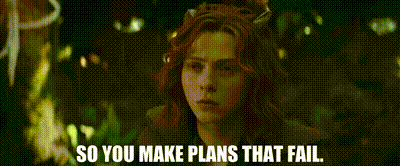At a high level I'd say...
The GM's job is facilitating a fun and creative game for our friends.
Not super helpful at a practical level but I think its important to keep the high level goal in mind.
I had an opportunity to ask David Christ of Baldman Games who has managed like a hundred thousand D&D games and gotten surveys and feedback from those games. He said that, among the feedback he received, the GMs who ran the highest-scoring games had these traits in this order:
- Preparedness
- Being friendly
- Facilitating the fun
- Knowing the rules
He said the GMs who smiled, laughed, and enjoyed the games with their players did better than the ones who took it too seriously.
You can see my whole interview with him from a while back here:
In July 2019 I had the pleasure of speaking with David Chris on the DM's Deep Dive. David Christ is the owner of Baldman Games, the company that runs D&D organized play events at a half-dozen of conve...

slyflourish.com
On the topic of pacing, Monte Cook agrees and wrote about it in one or two of his intros to Numenera products. I've found an understanding of upward and downward story beats as written by Robin Laws in Hamlet's Hit Points to be really helpful in understanding beats.
But when I think about the root of the question, I see the role of the GM really about facilitating a fun game for our friends. Staying flexible, letting the story go where it goes, keeping the pacing going in the right directions for the moment – these are all vital to a great game.
Fun question!!


